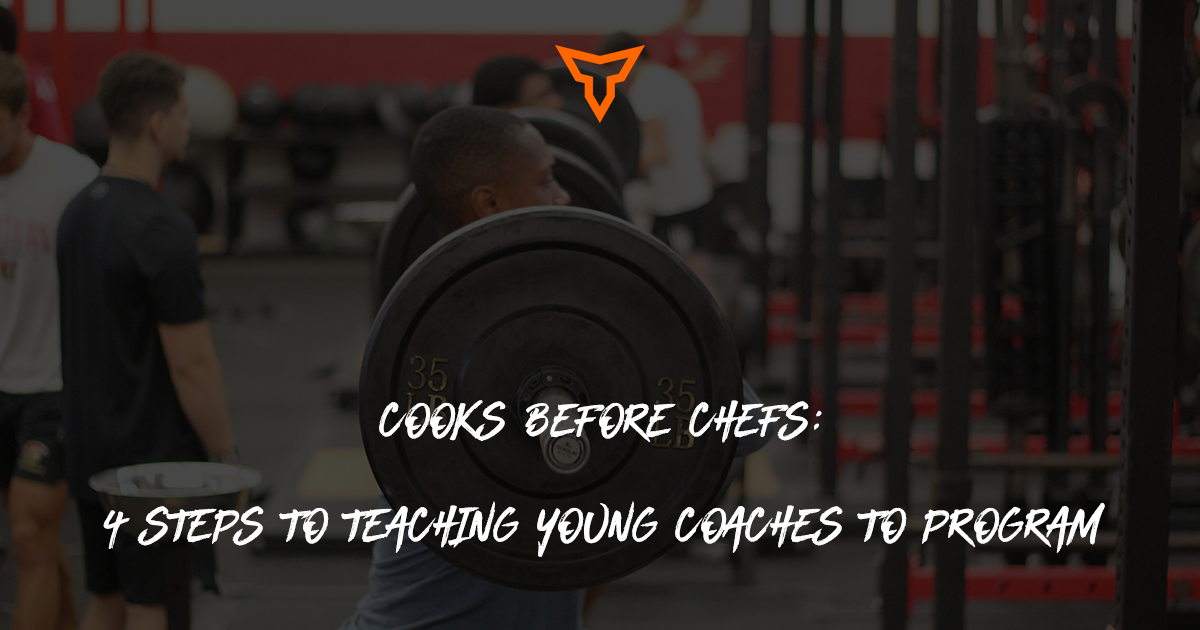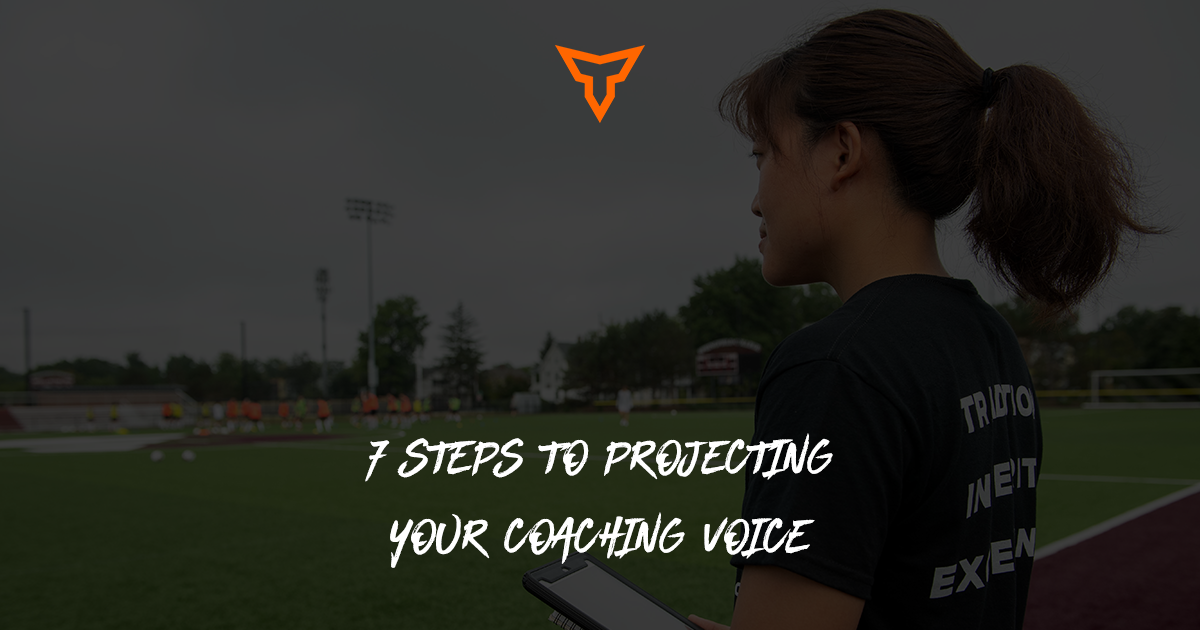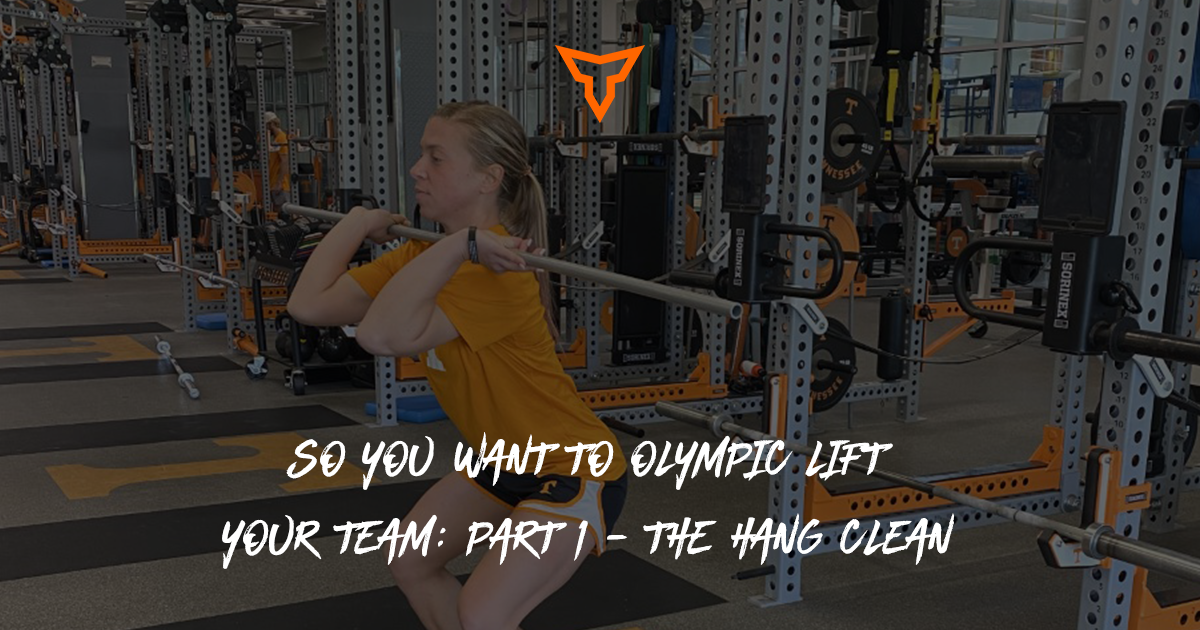You did it! You wrote a killer cover letter, wowed them in the interview, and landed a fitness trainer job. Now the real work begins, but besides coaching your teams, there are a few other things you should do now that you've become a coach. Check out our tips for new personal trainers and S&C coaches!
What to Focus on First?
Once you land the position there are three areas you should get to know well, your resources, your coaches, and your team(s). Knowing your resources can help you make the most of your athletic complex and develop programs that not only flow well, but logistically make sense. This includes understanding how to use all of the equipment in your weight room(s) and knowing what training areas available to use like outdoor fields, hills, stairs, tracks, and pools. This is also a good time to learn what access you have to areas besides the weight room and what kind of scheduling might be involved with using different facilities for your teams. You should also spend time getting to know the coaches of the teams you’ll be working with.
Definitely begin with the head coach and be sure to introduce yourself to the rest of their staff, especially those you didn’t meet during the interview process. Have genuine and inquisitive conversations to not only learn more about their expectations of you and the strength & conditioning program, but use this as an opportunity to begin building a trusting relationship. This is where you can establish things like how “hands-on” or involved your head coach likes to be with the details of the strength & conditioning program for their team, if you’ll be expected at practices, home & away games, and other team events. Finally, you need to spend time getting to know your teams as a whole. Knowing individual names is a must but you should also work to understand the team culture as well as the dynamics within the teams. These things take time, but speaking to student-athletes, coaches and athletic trainers about past injuries, areas of needing improvement, and other info relevant to program design that don’t necessarily show up in team reports, can help you build a program that best suits the needs of the team and helps establish you as a trusted and engaged member of the support staff.
Importance of Networking
Once you have a good grasp on your immediate role in the department you’ll want to build and expand your network. Use every social gathering as an opportunity to network with other members within the athletic department. This can include front desk staff, academic coordinators, custodians, sports medicine staff, the marketing department, the equipment room, and of course, the coaching staff of teams that you don’t train. This doesn’t have to mean having full in-depth conversations with every person you meet, but waving, saying hello, or just briefly introducing yourself can go a long way.
At some point you will need help from people outside of the strength staff and being familiar with other areas will help you navigate your new role to your best potential and get help when you need it. If you are a part of a campus, get to know key resources there too. Having a familiarity with key individuals or departments on the main campus like nutrition, exercise science, or recreation services can also come in handy. Finally, you’ll want to network outside of campus within your field by attending workshops, conventions, and seminars to not only stay current and up-to-date with certifications, but to build and maintain relationships with other strength coaches both locally and across the country. Here are some tips for strength coaches attending conferences and clinics.
Job Turnover in Strength & Conditioning
Very few people stay in the same position or the same company for decades anymore. If you take some of the advice from above, you will undoubtedly improve your job security. Unfortunately though, in some sports like football and basketball, the turnover for strength & conditioning staff members can be higher or positions can be less stable because they are more often impacted by changes to the head coaching staff of those teams. Job turnover within Olympics sports is usually lead primarily by the desire of the strength coach to move up or down within NCAA divisions, work with more, fewer, or different sports, start a family, live in a different area of the country, or make more money in a different field.
So, when you land that job, your primary focus should always be the creating and implementing the best suited and most effective programs for your teams. Being aware of your available resources, developing a relationship with other coaches and staff members, and understanding the characteristics of your teams will only help you perform in your position to the best of your ability.
Finally, networking within your immediate department, your campus, with other professionals in your field, and attending career building events will not only help your development as a strength & conditioning coach, but it will help keep you current within the field and could open additional opportunities for further success in the future.
Subscribe to our blog
Subscribe to receive the latest blog posts to your inbox every week.
Related posts

Cooks Before Chefs: 4 Steps to Teaching Young Coaches to Program

From the GA's Desk: 7 Steps to Projecting Your Coaching Voice


